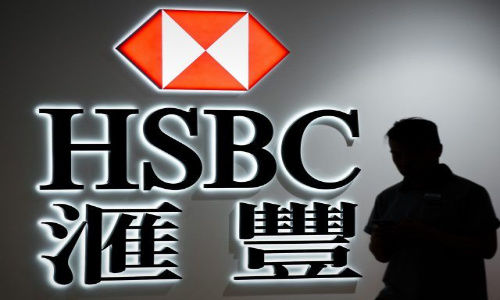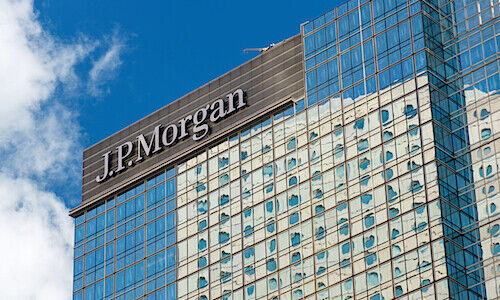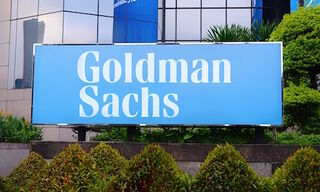HSBC Slighted in China
In a tell-tale sign that HSBC's relations with Beijing are on the edges, the bank has been noticeably excluded from a list of 18 involved in China's interest rate reform.
Hong Kong's biggest bank was not included in a list of 18 lenders that will participate in pricing for a new loan prime rate that will be unveiled by the People's Bank of China on Tuesday, Bloomberg reported. The roster includes foreign lenders such as Standard Chartered and Citigroup, which have smaller China presence than HSBC.
The People’s Bank of China (PBOC) said in a statement (link in Chinese) that the benchmark lending rates set by the bank will be replaced with new national Loan Prime Rates (LPRs) — which will be based on the interest rates that a basket of 18 commercial banks charge their more creditworthy borrowers — as a new reference point for lending.
Setback For Its Growth Strategy ?
The exclusion deals a blow to HSBC, which has made Greater China a key pillar for its growth strategy. The lender is the third-largest corporate bank in the country by market penetration, according to data provider Greenwich Associates LLC.
The recent departures of chief executive officer John Flint and the bank's Greater China head, Helen Wong signal troubles at the bank. HSBC's shares fell 13 percent in Hong Kong year-to-date, compared with a decline of less than 1 percent in the benchmark Hang Seng Index.
Strains Linked To Huawei
Speculations about how the London-based bank has fallen into China's bad books include the bank's involvement with Huawei Technologies, which finews.asia reported last month. According to a Financial Times report on Monday, Liu Xiaoming, China's ambassador to the UK, summoned HSBC's ex-CEO John Flint to the embassy earlier this year to interrogate him over the bank's role in the arrest and prosecution of Meng Wanzhou, the chief financial officer of Huawei.
The then-CEO told him HSBC had no option but to turn over information that helped US prosecutors build a case against Meng, the FT said.
Untimely Departure of Greater China Head?
Wong's departure came at a time when HSBC was facing criticism in China's state-owned media over its role in the Huawei case. The way HSBC helped the U.S. Department of Justice acquire documents concerning Huawei was unethical, the Global Times reported previously, citing a source close to the matter. Hence, the bank was likely to be included in China's first "unreliable entity" list of companies that have jeopardized the interests of Chinese firms, it said.
An HSBC spokesman on 9 August has denied that Wong's departure was linked to any issue involving Huawei, pointing out that she announced her resignation before Flint's departure.
























